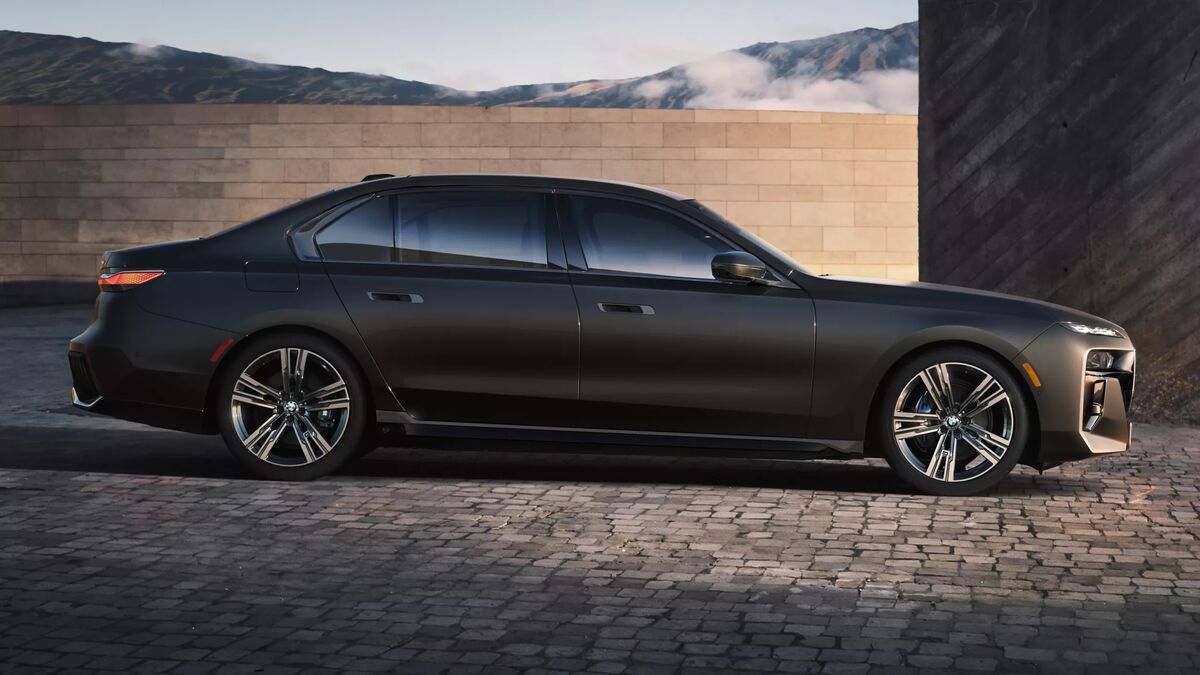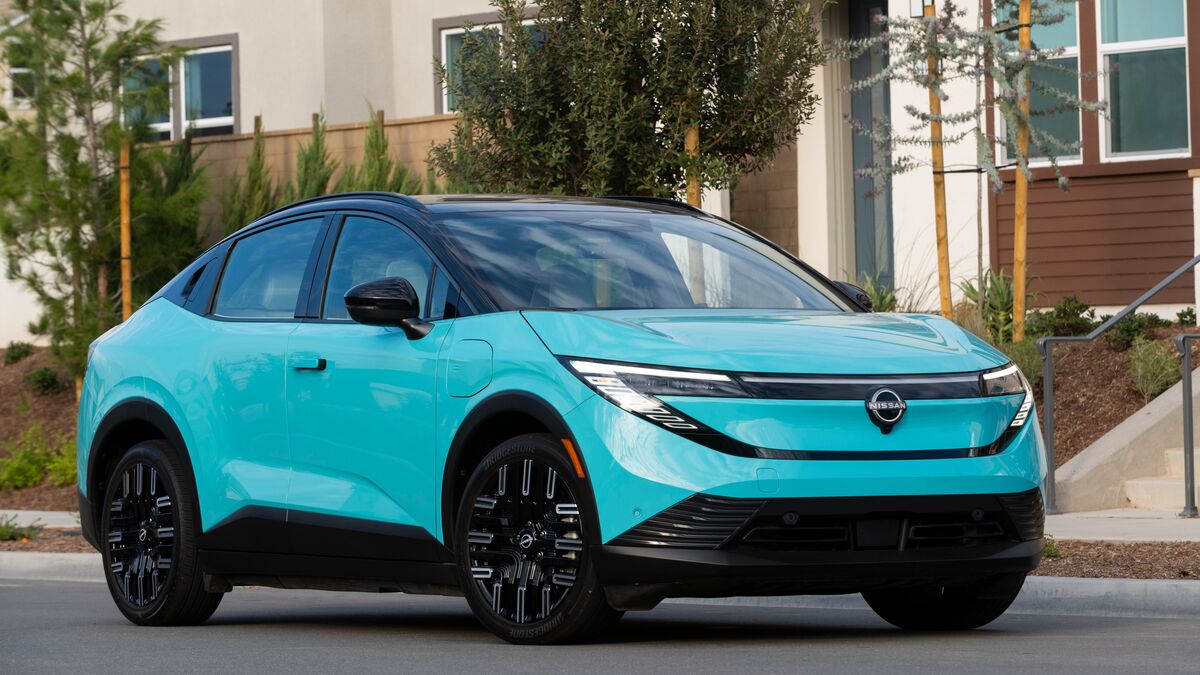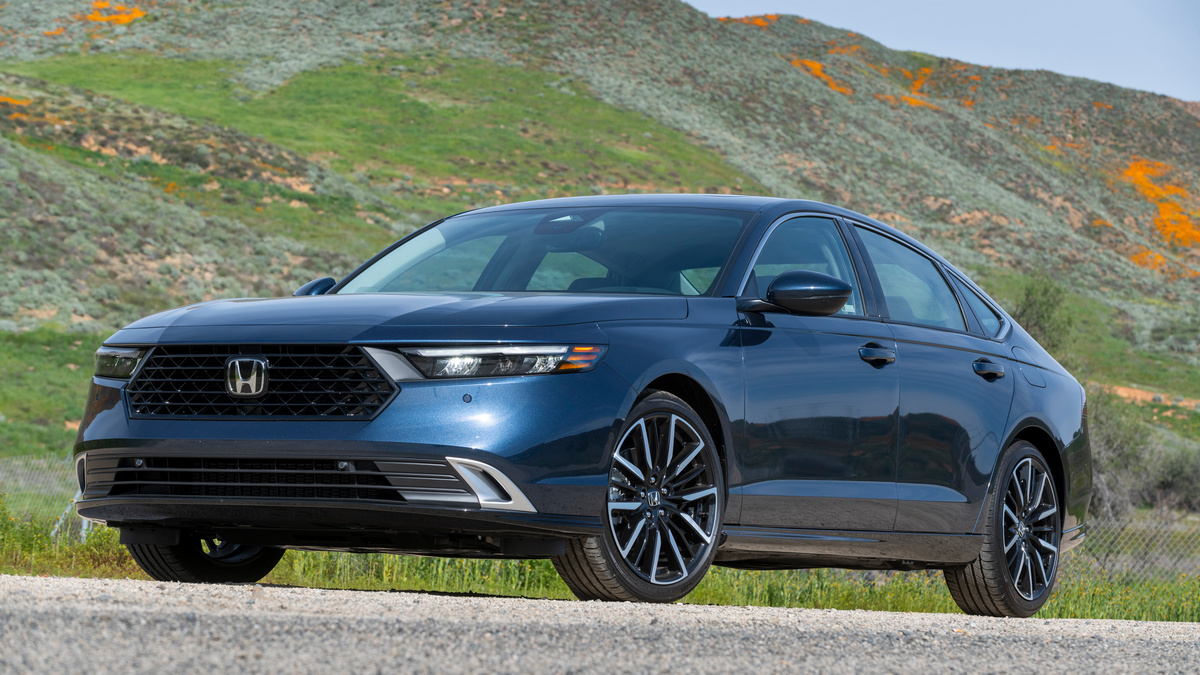This week, the Federal Trade Commission announced a proposed rule to ban so-called “junk fees” added to the cost of everything from rental cars to concert tickets. “Junk fees are unnecessary, unavoidable, or surprise charges that inflate costs while adding little to no value. Consumers can get hit with junk fees at any stage of the purchase or payment process,” the agency explains.
Does that sound like something a car dealer has tried on you?
The rule might apply to car dealerships. But it might not. A provision in the text of the rule itself says car dealers will be exempt if the FTC finalizes a separate set of regulations already proposed for them.
The new junk fee rule would also apply to car sales if the FTC doesn’t finalize car-dealer-specific rules.
Junk Fees Are a Problem in Car Sales
As new car prices soared during the COVID-19 pandemic and the subsequent microchip shortage, reports of questionable pricing practices by some car dealerships surged.
The problem grew severe enough that automakers themselves began to crack down.
The companies building cars generally don’t sell them to consumers (except Tesla and some newer electric car startups). Instead, they sell them to dealerships that later sell them to drivers, giving the manufacturer limited control over car prices – it’s called a “manufacturer’s suggested retail price” for a reason.
But, as the demand for cars outstripped supply and dealerships needed to make all their profits from fewer cars, some dealers resorted to junk fees. Automakers tried several ways to stop them, from Ford and GM threatening to withhold cars from the worst offenders to Subaru shaming dealers with reminders about the company’s friendly image.
The FTC’s Car Dealer Proposal Is In Limbo
More than a year ago, the FTC proposed a broad set of rules to ban junk fees in car sales.
The agency cited bait-and-switch pricing, where dealers advertise a price they won’t honor, fees for useless services like nitrogen-inflated tires (which often contain no more nitrogen than ambient air does), and previously undisclosed fees added at the end of a transaction.
Notably, the FTC proposal excludes destination charges, presumably reflecting the cost of shipping cars. Destination fees have risen in recent years thanks to a driver shortage and the rising cost of diesel fuel. We can’t argue, however, that they’re always valid. Some automakers still charge more to ship a car from a few states over than others charge to ship it across the globe.
Federal agencies must follow a multi-step process to enact new rules. They publish a proposed rule and then allow a public comment period. The agency then publishes a summary of the comments. That process can recur several times as the agency alters the rule to address the comments. When satisfied, the agency will publish a final rule that becomes effective after a waiting period — during which Congress can cancel it.
The FTC’s car dealership rule appears stuck somewhere in that redraft process. The agency published its proposal, accepted comments, and… nothing seems to have happened since.
This New Proposal Could Kick-Start Matters
This week, the FTC proposed a broader rule affecting nearly all companies. It contains similar language to the car dealer rule, banning charges for what the agency calls “worthless, free, or fake products or services.” It prohibits charges added at the end of a transaction (hey, Ticketmaster, how you doin’?) and requires companies to honor published prices.
However, a provision in the rules says that car dealers will be exempt if the FTC finalizes its specific rule.
This One Could Get Stuck in Limbo, Too
There is immense public pressure to do something about junk fees. Congress is unlikely to interfere. Congress recently held highly publicized hearings on the issue driven by outrage over concert ticket fees. And the House of Representatives is frozen into inaction by the lack of a speaker.
But, the new proposed rule must go through the same public comment process as the car-dealer-specific rule. Whatever bureaucratic process may have frozen the old one could also freeze the new one.








